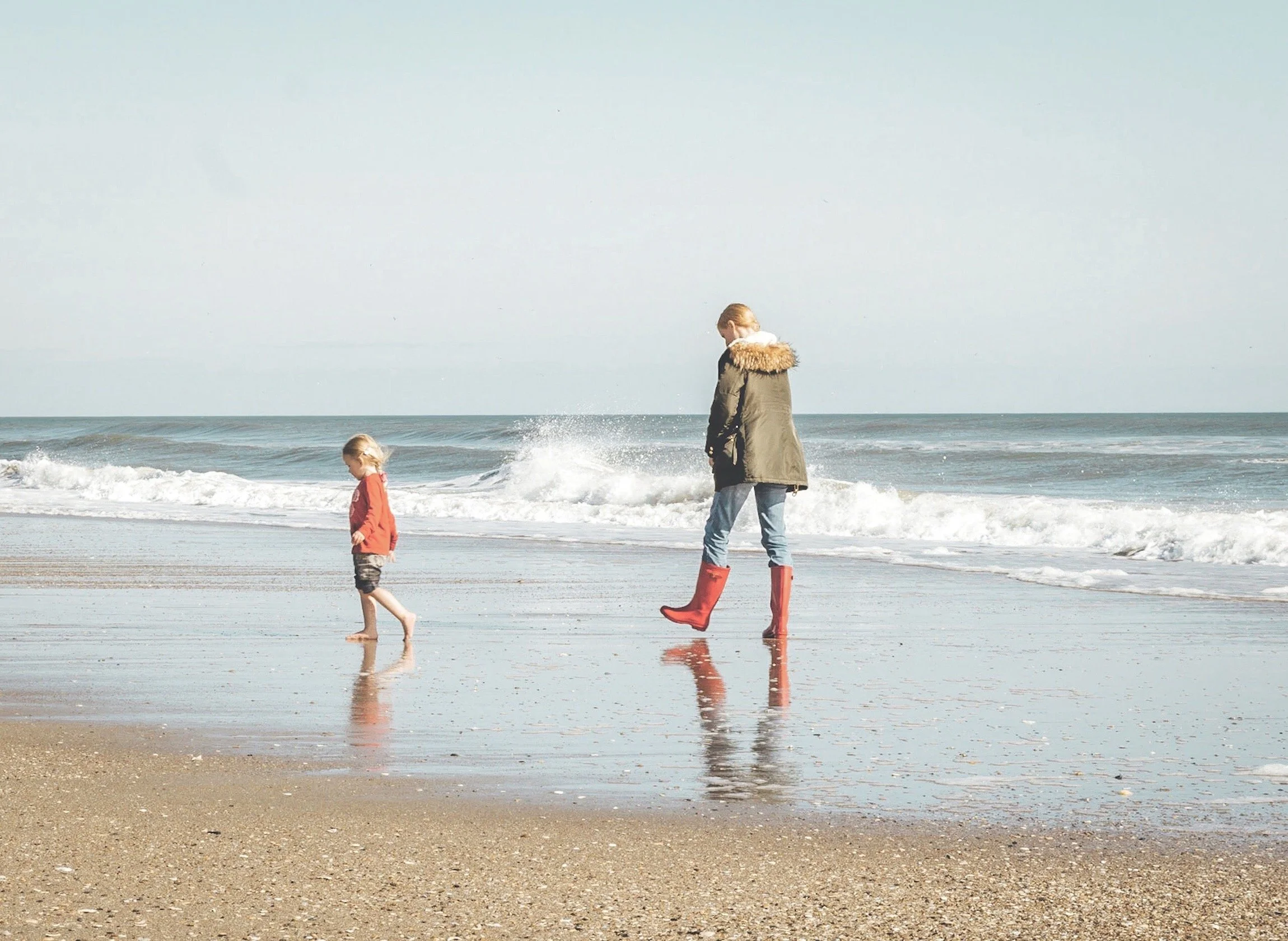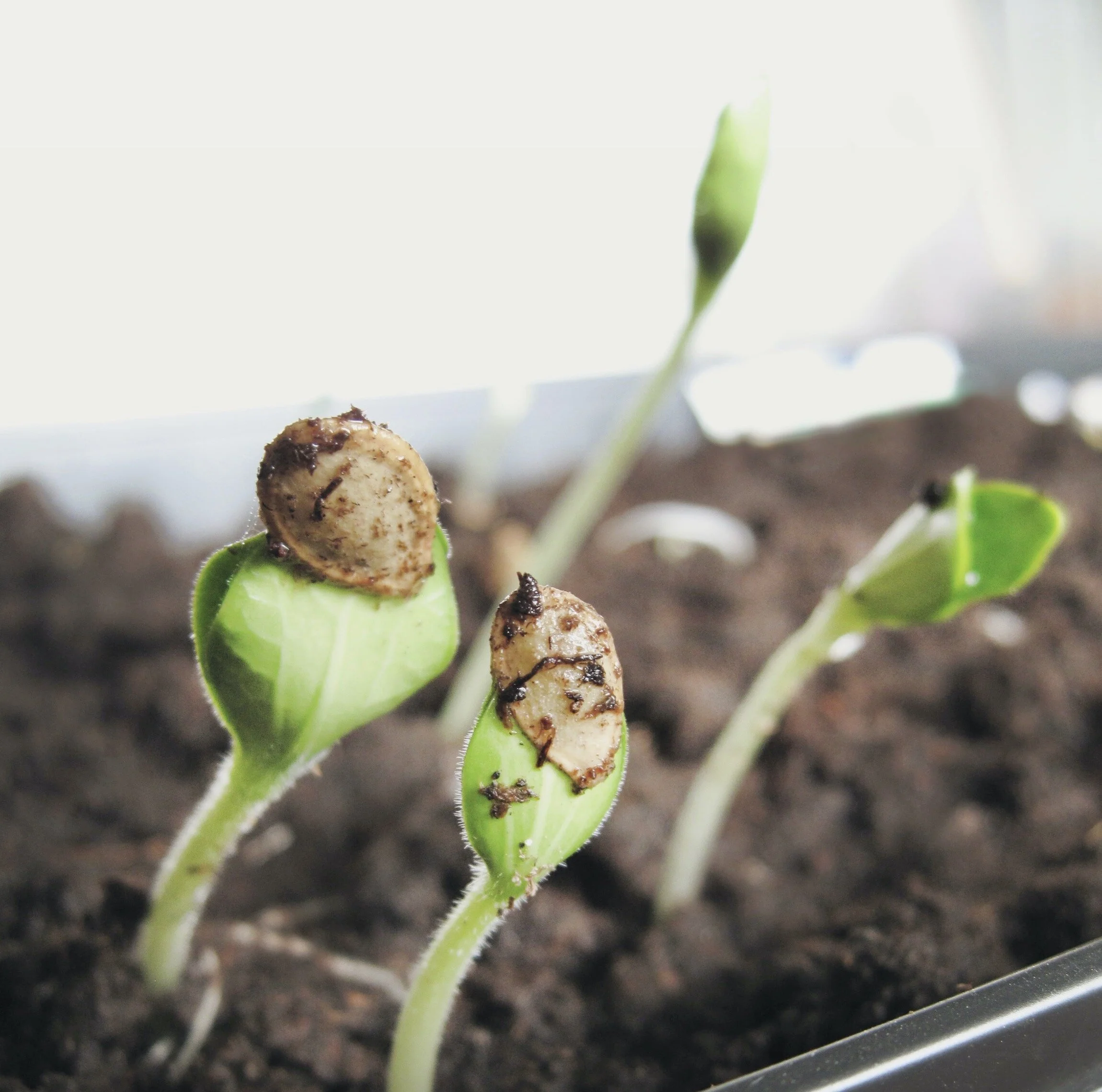Thanking Without Condition
Jesus then took the loaves, and when he had given thanks, he distributed them to those who were seated.
– John 6:11
“What are you thankful for?” That’s what we ask ourselves when we’re practicing gratitude—and it usually prompts us to identify what is appreciably good in our lives. We pick out what we’re glad to have, what we see as valuable or positive.
It’s striking, then, that in the story John describes in chapter six of his gospel, Jesus gives thanks before anything really good has happened. Sitting on the grass are 5,000 heads of households, which translates to 15,000 to 20,000 people if you include women, children, and single men. One boy has brought forward what amounts to an extremely modest meal: five loaves of bread, each the size of a dinner roll, and a side dish of two pickled fish. John tells us the bread is made of barley, which was the grain of the poorer classes, as it was much cheaper than wheat. Philo wrote of a barley meal: “as a foodstuff it is of somewhat doubtful merit, suited for irrational animals and men in unhappy circumstances.”
Doesn’t sound like anything anyone would be giving thanks for. And even if it was the most luxurious fare, no one in their right mind would think it enough for thousands of people; it’s surprising the boy offers it at all.
But it’s right there in that depressing moment, the hunger of thousands pressing in on him, holding the unhappy barley loaf in his hand, that Jesus does something extremely simple: he gives thanks. The customary Jewish ritual of praying before a meal becomes here a bold act of pure faith—of acting in belief of what was to come, not what currently existed.
Jesus likely prayed the traditional Jewish thanksgiving, “Blessed art thou, O Lord our God, King of the universe, who bringest forth bread from the earth.” He isn’t giving thanks for the bread. He isn’t giving thanks for what he has. He is blessing God. He is identifying God as the source, the giver of all he holds, little though it may be.
That makes a difference, right? My kids are constantly giving me gifts that would objectively be considered trash: scraps of paper, a spare coin. The other day I found a makeshift envelope full of the ends of bits of yarn. Found on a sidewalk, they would be considered litter—given from my kids, they are the valuable products of active imaginations and thoughtful generosity. Their value is transformed by my relationship with and knowledge of my kids.
How would the proverbial barley loaves in our lives look different because of what we know about their Giver? How does my belief in God’s sovereignty and wisdom, in his knowledge of and love for me, in his present power and future promises, change how I see what I have?
It’s quite a remarkable picture: Jesus, giving thanks for a lowly barley loaf in front of thousands of hungry people. Before the miracle even happens. And what it shows us is this: gratitude can be practiced in scarcity. It can be an act of faith, a statement of belief not in the food we hold but the God we know.






